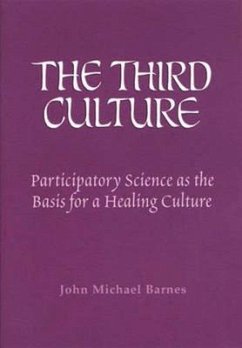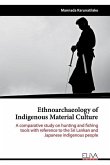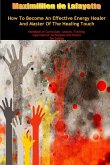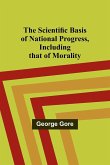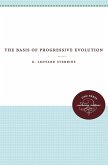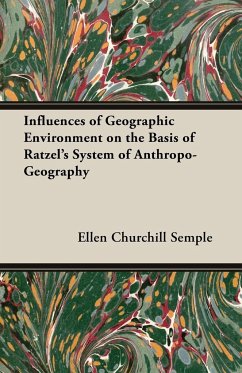Modern science, with its causal and quantitative methods, has provided the basis for our technologically-driven society. But the technological prowess that has brought us incredible wealth and power has also led to the exploitation and degradation of nature. In addition, the reductive methods of modern science have left us without any scientific understanding of our own immediate experience: of the creative human spirit, or of the qualitative richness and dynamic wholeness of natural phenomena. Retracing the evolution of human consciousness, this lively essay shows how participatory methods are emerging as a necessary next step in the development of science. As inaugurated by Goethe, further developed by Steiner, and independently conceived of by Polanyi, this new scientific approach calls for conscious participation in the processes and qualities of the world. It sees them as manifestations of creative forces that elude the methods of materialistic science. Insights into the dynamic principles of life and spirit provide the basis for a healing culture.

